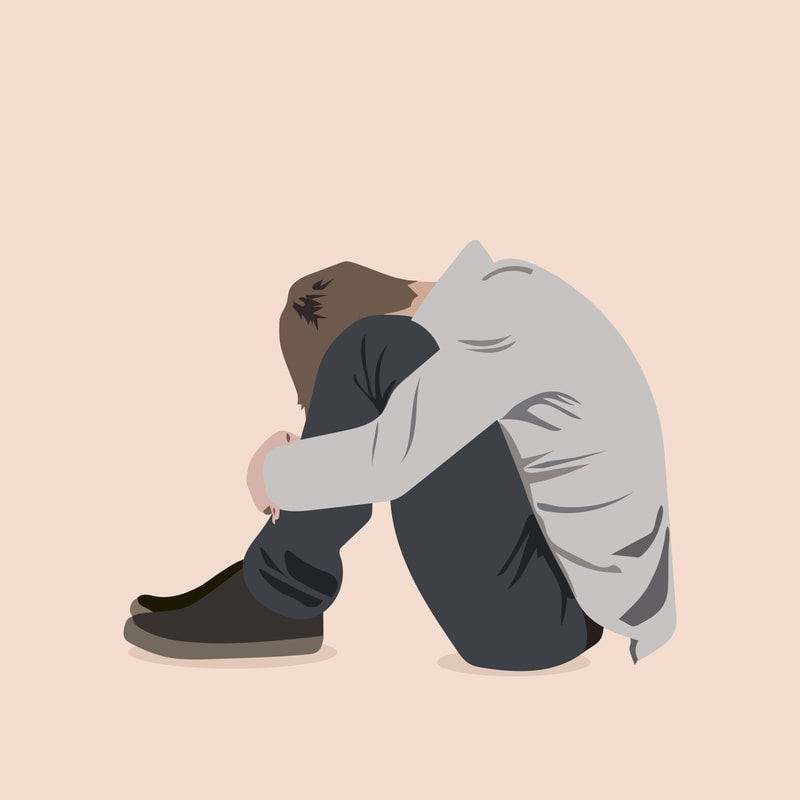
Music is a powerful thing. Music has been a conduit for societal change, a crutch to lean on at humanity’s darkest moments, and a tool for personal and emotional growth for not only musicians but listeners as well. This article will detail the importance of music education in mental health support.
- Music helps give a sense of belonging– Listening to music can help people feel like part of a community group. In music education, being a part of a choir, band, or orchestra can give students a sense of belonging to a group and help develop confidence. It can lessen depression and the stress of loneliness.
- Lyrics can be therapeutic– By introducing students to a variety of lyrics, you can help build confidence, give students words they may not have had previously to express themselves, and even help them grieve the loss of someone close. Music lyrics can be educational and help those with learning disabilities to review material they are learning in their homeroom class. Music lyrics can teach rules and ethical topics like being polite or the importance of friendship.
- Diversity in music opens minds– I’ve traveled to many places and happened to stumble into some places that were more close minded and prejudice than others. I found myself introducing genres to students that would have never listened to those genres. Sometimes the prejudice in the class made it a struggle and a cause for conversation. Rules for listening and commenting had to be set, otherwise prejudice remarks would have been made out loud. Yes, it happens. This makes music education a very unique and powerful tool for lifting stereotypes and opening minds to the diverse world around them. How does it help mental health? If children are getting in trouble for being aggressive to others because of their background, music can build appreciation of other cultures and lessen this kind of aggression.
- Playing a music instrument builds confidence– I’ve heard people advise active kids to take up sports. Active kids also do well playing instruments. We musicians just like making noise! The act of learning an instrument helps focus students on something positive.
- Music is therapeutic– Music intensifies our emotions and can help release emotions we have trouble facing on our own. Create a classroom environment that allows students to feel safe enough to express themselves emotionally through their music. If a student is being touched by the music, give them support and then start a class discussion about the power of music. Let them know that it’s okay to feel those feelings.
- Music as an aid for classroom management– Classes with behavior issues can benefit from relaxing music being played in the background. Music is so emotionally powerful it can help change the mood of the listeners. Listening to upbeat music can help make a sad class happy. Just like calming music can help make an active class calm.
Music can be a powerful tool for helping with mental health. The emotional aspects of music help people deal with loss, loneliness, and depression. The practical application of music making can build confidence and give life direction and focus to someone who may have struggled with finding their way. Music gives us a sense of belonging to a community and opens our minds to other cultures and communities. Music educators should understand their importance and plan according to the needs of their students in order to be the most beneficial for them.
References
Olsen, Kirk N., Terry, Josephine, and Thompson, William Forde. “Psychosocial risks and benefits of exposure to heavy metal music with aggressive themes: Current theory and evidence.” May 25, 2022. https://link.springer.com/article/10.1007/s12144-022-03108-9 (Accessed June 22, 2024)

